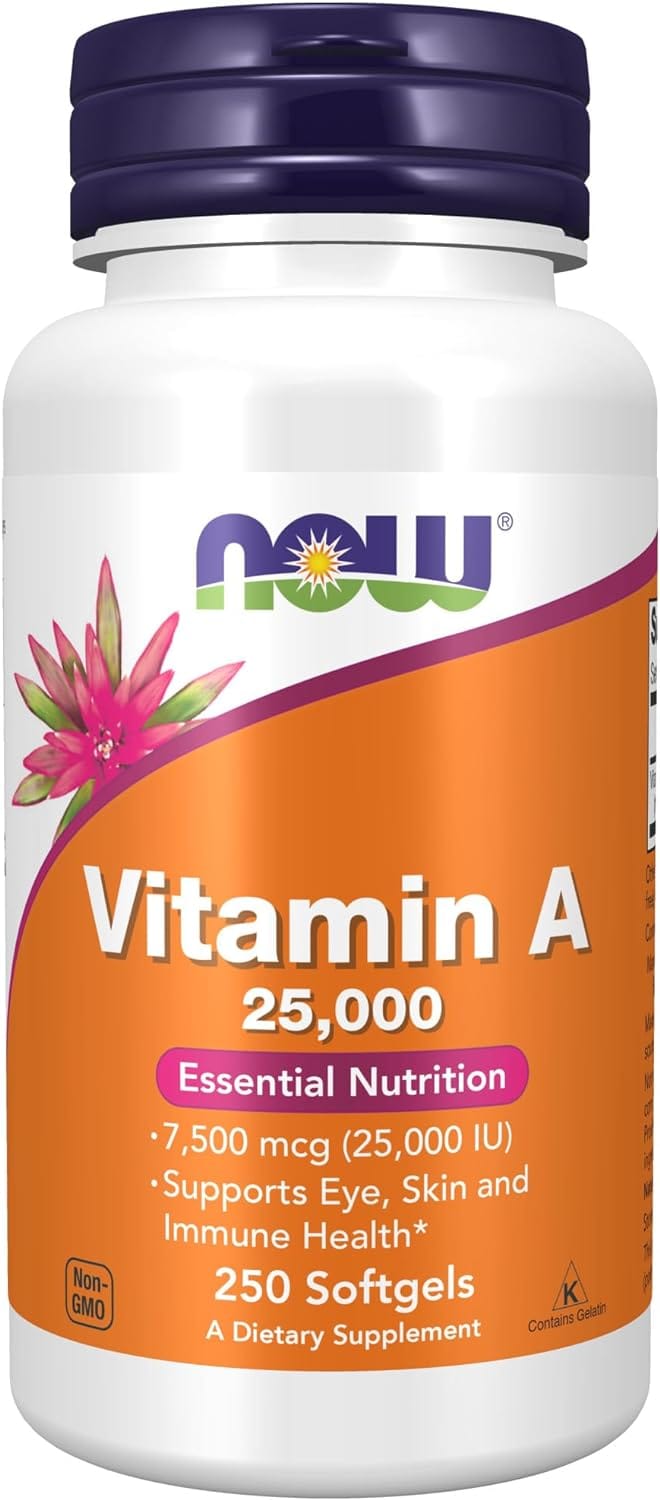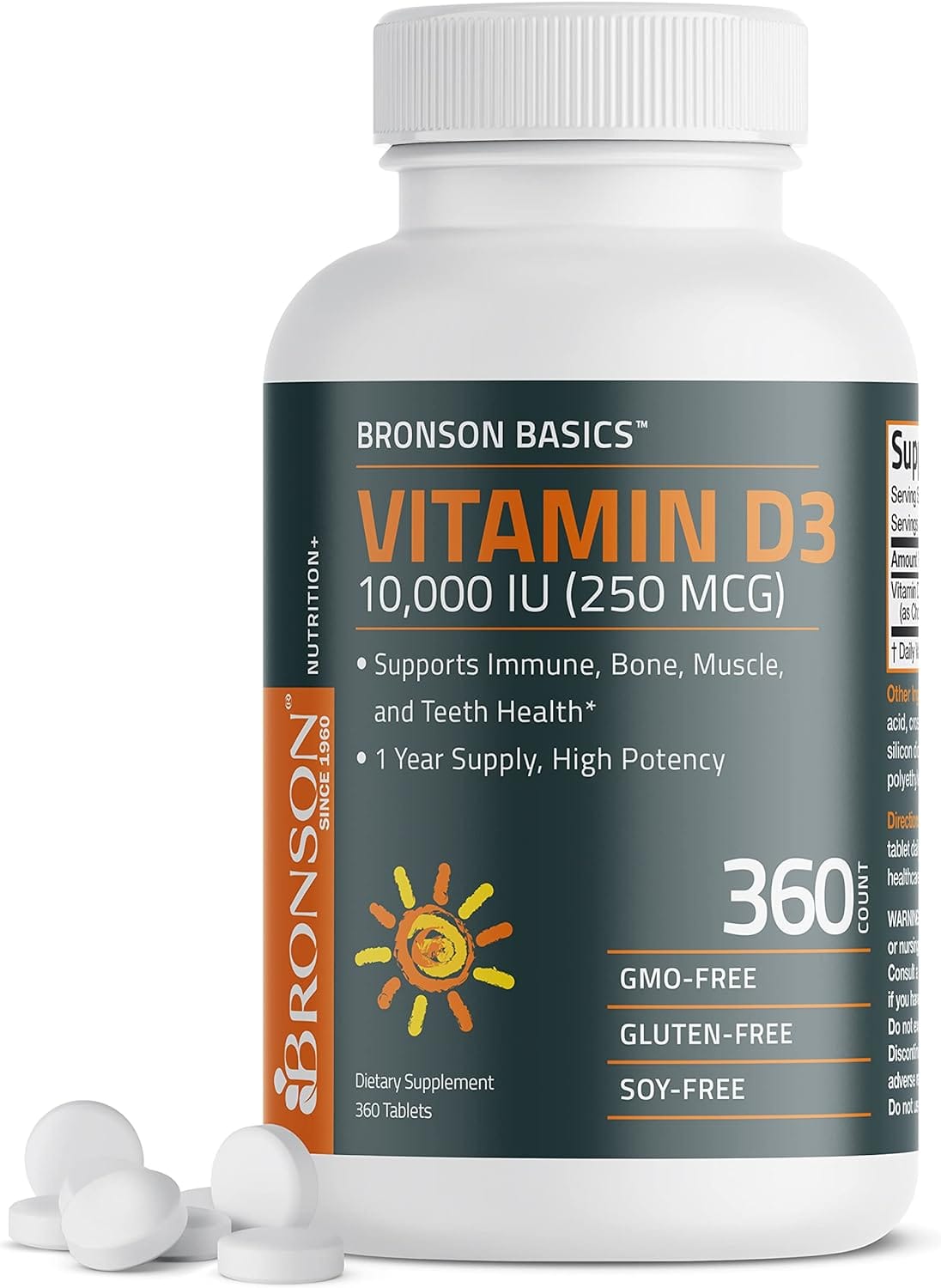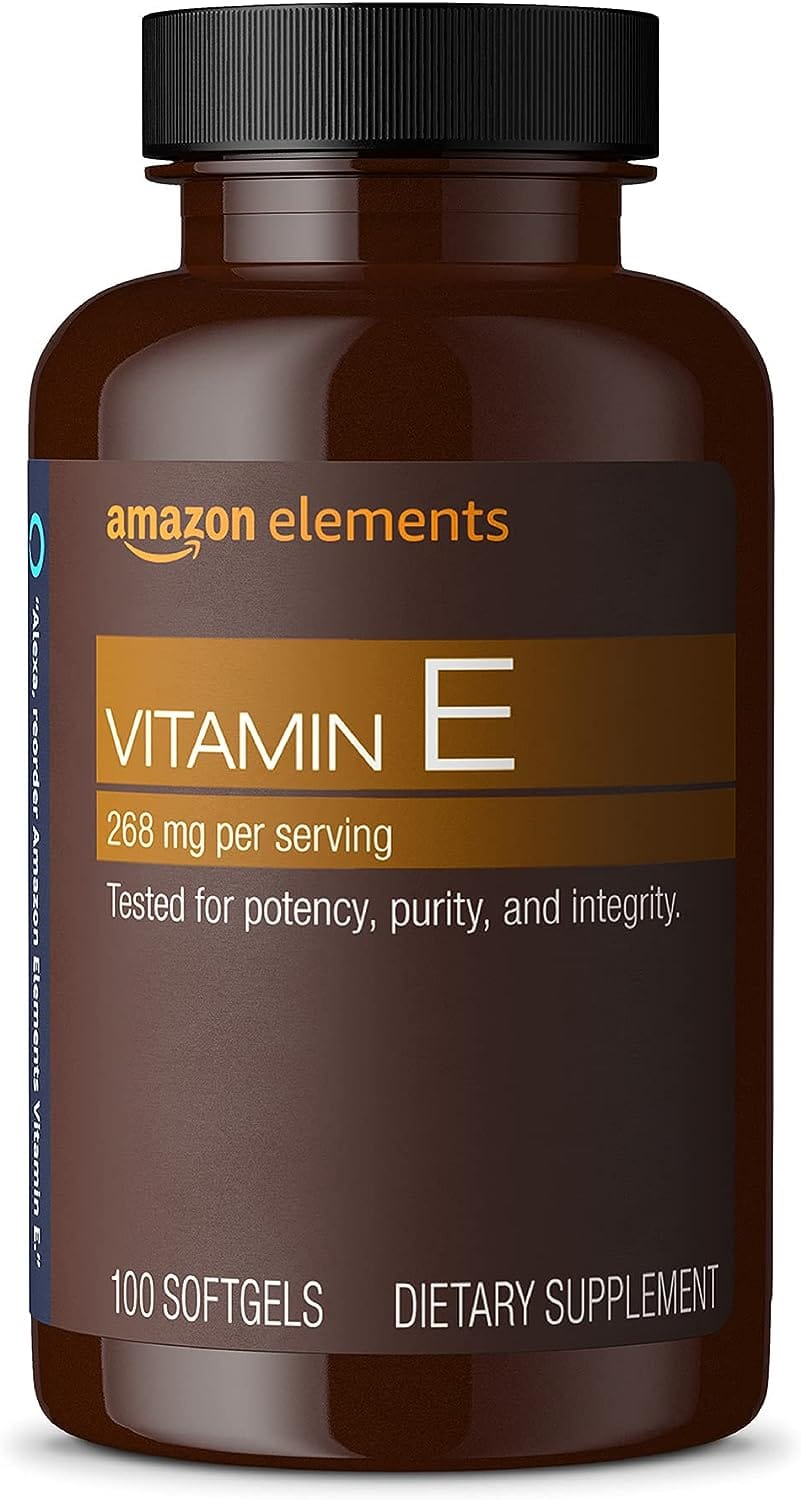To get the most out of the micronutrients you consume, it is important to know that some of them work effectively only in conjunction with each other.
Read about the main combinations for health and beauty in this article.
Vitamins and minerals are the most significant group of substances of diverse chemical nature, which ensure the course of most biochemical processes in cells and tissues.
There are vitamins and minerals that interact effectively with each other.

Vitamin A (+ vitamins B2, C, E, zinc, iodine, and iron)
Vitamin A plays a significant role in the division and differentiation of all cells, especially blood, skin and mucosal cells, and is one of the key vitamins for the synthesis of sex hormones and thyroid hormones.
VDeficiency of this vitamin impairs vision, makes us sick more often and makes it harder to recover from seasonal infections.
Because vitamin A plays a key role in controlling normal skin function (sebaceous glands and skin surface pH) and the production of keratin and collagen.

NOW Supplements, Vitamin A (Fish Liver Oil) 25,000 IU
- ESSENTIAL NUTRITION: Delivers 25,000 IU of vitamin A (fish liver oil) in one softgel serving. Take 1 daily with a meal.
- CRITICAL FOR EYE HEALTH/SUPPORTS HEALTHY IMMUNE FUNCTION: Vitamin A is essential for the maintenance of the tissues that line the internal and external surfaces of the body, including the eyes, skin, respiratory, GI and urinary tracts.
- CERTIFICATIONS/CLASSIFICATIONS: Kosher contains Gelatin, Non-GMO, Corn Free, Dairy Free, Egg Free, Made without Gluten, Soy Free
Its deficiency will be visible to the naked eye in the form of peeling, inflammation, flabby and dry skin.
In order for vitamin A to be fully absorbed from food and to fulfill its important purpose, vitamin C, E, zinc, iodine, and iron must be present.
- Deficiency of zinc and iodine in the body impairs the conversion of vitamin A into the active form necessary for tissues;
- Lack of vitamin E in the diet will contribute to vitamin A hypovitaminosis because vitamin E protects vitamin A from oxidation;
- Vitamin C enhances the effects of vitamin A;
- Vitamin B2 combined with vitamin A allows for faster recovery of twilight vision.

NOW Supplements, Vitamin A (Fish Liver Oil) 25,000 IU
- ESSENTIAL NUTRITION: Delivers 25,000 IU of vitamin A (fish liver oil) in one softgel serving. Take 1 daily with a meal.
- CRITICAL FOR EYE HEALTH/SUPPORTS HEALTHY IMMUNE FUNCTION: Vitamin A is essential for the maintenance of the tissues that line the internal and external surfaces of the body, including the eyes, skin, respiratory, GI and urinary tracts.
- CERTIFICATIONS/CLASSIFICATIONS: Kosher contains Gelatin, Non-GMO, Corn Free, Dairy Free, Egg Free, Made without Gluten, Soy Free

Vitamin E (+ selenium)
The most important antioxidant, a universal protector of cell membranes and DNA from free radical damage.
Vitamin E is essentially a free radical scavenger in our bodies.
It also helps to strengthen the body’s defenses, participates in protein metabolism by increasing the synthesis of collagen, and increases the production of progesterone.
Supports the work and development of muscles, preventing muscle weakness and fatigue during sports and physical activity.
Better absorption of vitamin E helps selenium.
The antioxidant effect of vitamin E is multiplied when it interacts with selenium to protect cells and tissues from damage and inflammation.
Make your purchase now.

Vitamin D (+ magnesium, calcium, silicon)
The role of this vitamin cannot be overestimated.
The main function of vitamin D is the regulation of mineral metabolism, it is a key factor in normal bone growth and development.
It is also involved in the transfer of genetic information of about 200 genes.
With vitamin D deficiency, you can’t expect a fully functioning immune system and a good mood on overcast days.
In order for all the effects of vitamin D to be realized and fully absorbed, vitamin, K2, and magnesium are needed
Just the way there is one.

Bronson Vitamin D3 10,000 IU (250 MCG) 1 Year Supply for Healthy Muscle Function and Immune Support
- High Quality & Great Value: Bronson Basics Vitamin D3 provides 10,000 IU of D3 per tablet in a 1 year supply bottle.
- Trusted Since 1960: The pioneers of Bronson Vitamins were a group of pharmacists who witnessed the benefits of vitamins and mineral supplementation firsthand with their patients. Bronson Vitamins have been consistently mentioned by top medical professionals since our inception in 1960.

Life Extension Neuro-mag Magnesium L-threonate, Magnesium L-threonate
- Memory, focus & cognitive boost – Magnesium is essential for overall brain performance, but not all magnesium supplements are easy to absorb.
- Maintain ideal magnesium levels – Magnesium does wonders for your brain, but unfortunately, most of us don’t get enough magnesium from our diets
- Ingredients matter – Sourced using only the finest raw ingredients with the purity and potency your body deserves. The majority of our products are non-GMO, gluten-free and manufactured in the USA—and a Certificate of Analysis is available for every product we produce.

Vitamin B6 (+ magnesium, selenium, litium, molybdenum, vitamin B2)
Of the vitamins, vitamin B6 is worth special attention.
It participates in the synthesis of the neurotransmitter serotonin, in tryptophan and dopamine metabolism, in carbohydrate and fat metabolism, and in the synthesis of hemoglobin.
Active forms of vitamin B6 are necessary for a healthy female hormonal background.
Particular attention to replenish vitamin B6 deficiency should be given in diseases of the kidneys, scalp seborrhea, peeling of the skin.
Absorption of vitamin B6 improves magnesium, selenium, lithium, molybdenum, vitamin B2.
Severe deficiency of vitamin B6, B2 and magnesium leads to hearing loss.
To avoid having to buy each vitamin separately, there is BioActive Complete B for this purpose.
In this form, vitamin B is very well absorbed in the body

Magnesium (+ vitamins B1, B6, D3, potassium)
Magnesium is the most important intracellular element of all body tissues, without exception.
We need it daily, especially for those who like sweets, alcohol, sweets, coffee and who are nervous a lot.
Magnesium is involved in the formation of easily digestible forms of vitamins B1, B2, B3, B6.
Necessary for the steady functioning of the human nervous system.
It has a tonic and calming effect on the body, affects vascular tone (fights spasm), reduces blood cholesterol and prevents the deposition of salts in the kidneys.
Magnesium deficiency forms pathological processes that lead to leading causes of death (stroke, heart attack, thrombosis).
Signs of magnesium deficiency are:
- Nervousness.
- Anxiety
- Insomnia
- Morning fatigue
- Sensitivity to noise
- Dizziness
- High blood pressure
- Muscular cramps
- Disordered heartbeat
- Brittle nails
- Frequent headaches.

Life Extension Collagen Peptides for Skin & Joints – Hydrolyzed Multi-Collagen Complex Type I, II & III Unflavored Powder for Healthy Bone, Joint and Skin Care
- YOUTHFUL, BEAUTIFUL SKIN – Collagen helps keep your skin healthy, youthful, and more elastic—promoting the appearance of wrinkles and fine lines. Get ready to look your fresh-faced best with our hydrolyzed collagen, which is easier to digest than other types.
- INGREDIENTS MATTER – Sourced using only the finest raw ingredients with the purity and potency your body deserves. This product is certified non-GMO and gluten-free. Manufactured in the USA and a Certificate of Analysis is available for every product we produce.




